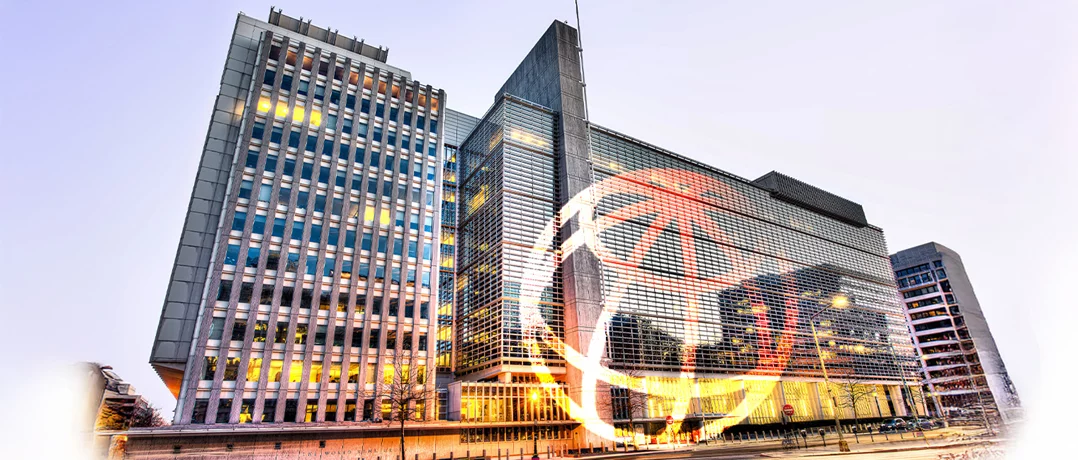World Bank delegation visits Lebanon to assess reforms, strengthen cooperation, and monitor development projects nationwide.
In search of reform, World Bank’s eyes turn to Lebanon’s South
In search of reform, World Bank’s eyes turn to Lebanon’s South


A delegation from the World Bank’s Board of Executive Directors, currently visiting Lebanon, has begun its official meetings. The group includes 11 executive directors from various countries, as well as the World Bank Group’s Executive Director Abdulaziz Al Mulla, Regional Director Jean-Christophe Carret, and the Bank’s Country Manager for Lebanon, Enrique Armas.
The visit kicked off with a meeting at the Ministry of Finance chaired by Minister Yassine Jaber, in the presence of Director General of Finance Georges Maarawi and the ministry’s team responsible for coordination with the World Bank. Discussions focused on World Bank–funded projects and ways to strengthen future cooperation.
Minister Jaber presented the government’s ongoing reform efforts, particularly those within the Ministry of Finance aimed at increasing revenues and modernizing administrative systems.
Following the meeting, Jaber described it as “productive,” emphasizing the importance of the visit: “We are pleased to welcome the World Bank’s executive directors to Lebanon. This is the first visit of its kind and a significant one, given that the World Bank remains Lebanon’s primary partner, providing long-term concessional loans for safe and diverse projects, in energy, water, agriculture, social welfare, and digitalization. Among the most vital is the reconstruction loan, which lays the foundation for a fund dedicated to rebuilding infrastructure in affected regions.”
He added that the delegation will tour various regions in Lebanon: “Today, the delegation will head to the Bekaa Valley to inspect World Bank–funded projects. Tomorrow, they will meet the Presidents of the Republic, Parliament, and the Council of Ministers, with a gathering at the Grand Serail attended by several ministers. On Saturday, they will visit South Lebanon to get a first-hand look at projects financed by the World Bank.”
Asked about delays in Parliament’s approval of the reconstruction loan and whether the postponement could lead to its cancellation or reallocation, Jaber replied: “For now, there is no cancellation. But frankly, if we continue to delay and fail to take things seriously, the time constraints may eventually lead to that outcome.”
Arnaud Brisset, France’s representative on the World Bank’s Board of Executive Directors, said the visit reflects the Bank’s strong support for Lebanon during this critical phase:
“The delegation, composed of ten members from the office of the Executive Director and representing over 70 countries and half the Board’s voting power, is here to reaffirm the World Bank’s commitment to Lebanon.”
He praised the meeting with Minister Jaber: “We had an excellent discussion. The minister clearly outlined Lebanon’s challenges but, more importantly, the reforms initiated by the government over the past nine months.”
Brisset added: “The World Bank welcomes these reforms and seeks to support them, particularly in promoting transparency, mobilizing domestic resources, addressing issues in the banking sector, and achieving macroeconomic stability.”
He highlighted that the Bank’s portfolio in Lebanon includes major projects, some recently approved in the agriculture and energy sectors, and that the delegation’s mission is to monitor their implementation, identify obstacles, and work with Lebanese authorities to expedite pending initiatives in Parliament.
He concluded by affirming the World Bank’s long-term commitment: “Our goal is to strengthen cooperation with all stakeholders to ensure these projects achieve their intended results and to continue supporting Lebanon both in the short and long term.”


